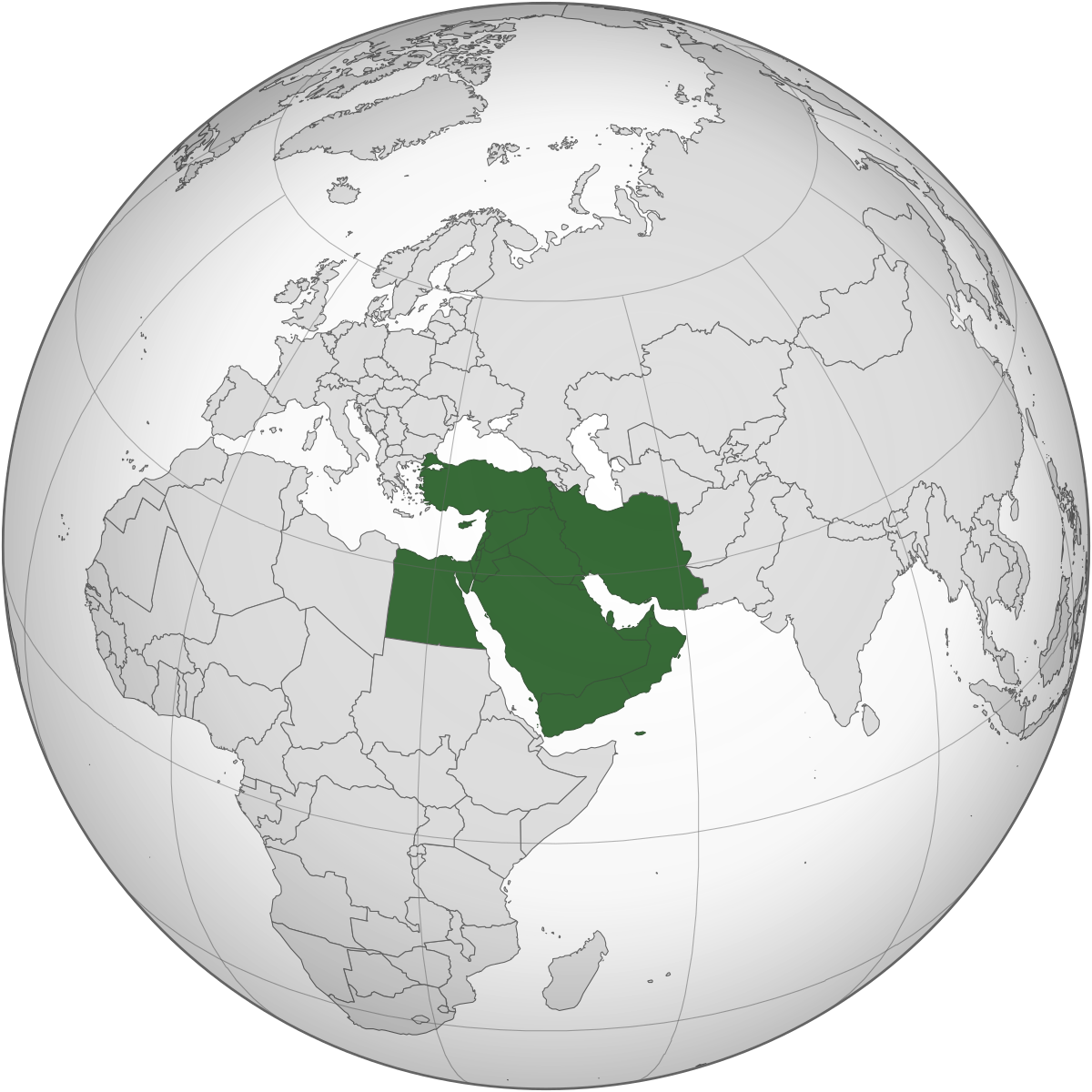Middle_East_(orthographic_projection).svg_.png

Part 3 of 3 Parts (Please read Part 1 and Part 2 first)
Alex Vatanka works at the Middle East Institute in Washington, D.C. He is a veteran Iran specialist who believes that Tehran’s deep ideological commitment to its nuclear program. He says that despite Iran’s mistrust of the Europeans and the U.S., he believes that Iran does want to come back to the JCPOA in order to ease domestic economic pressure. He sees recent Iranian actions and demands as “strengthening its hand”.
Mr. Vatanka theorizes that Iran may not actually want nuclear weapons. He thinks that Iran may stay on the nuclear threshold. He says that “It's an option they would like to have, clearly, but it's not about weaponizing. “It's about Iran being a crucial nuclear state and making the point to the Americans that regime change is not going to happen.” He is not convinced that Israel is serious about a strike on Iran. He suggests that clandestine Israeli efforets could be much more effective at holding up Iran’s nuclear progress. He comments that “They have proven they can do that. Iran is clearly totally infiltrated at a high level. There's definitely a flow of information that they have.”
A decade ago, there were reports that the U.S. and Israel mounted a coordinated attack on Iran using the Stuxnet computer virus to disrupt the Iranian nuclear program.
More recently, Iran has blamed Israel for the assassination of its top nuclear scientist Mohsen Fakhrizadeh. He was shot and killed near Tehran with ann AI-assisted, remote controlled machine gun. As part of what it calls its “war between the wars”, Israel has also carried out hundreds of military strikes to reduce Iranian entrenchment in neighboring Syria and the movement of precision guided munitions to Hezbollah.
There are many different opinions among experts about what will happen next, there is a consensus that upcoming talks on Iran’s nuclear plans come at a critical time and that the stakes for the volatile Middle East could not be higher. If Iran develops its own nuclear arsenal, other Middle Eastern nations such as Saudi Arabia, Turkey and Egypt will probably also start nuclear weapons programs. The U.S. has said that it wants to end “forever wars” in the Middle East. But it has also been seen flexing its military power.
In a symbolic move, at the end of the recent Israeli air exercises, a U.S. warplane capable of carrying a bunker-buster bomb that could be used to target Iran’s underground nuclear sites was escorted through Israeli airspace by two Israeli fighter jets.
The current situation is very unstable and there is a lot of negotiation and angry announcements. The U.S. would like to get back to the JCPOA, the Iranians would like to make changes and the Israelis are preparing to attack Iran. An additional complication is the probability that if Israel is attacked by Arab nations and feels that it has no chance of surviving, they will launch nuclear strikes across the Middle East.
The paradox is that serious preparation for military action against Iran could be the best way to stop it from happening.